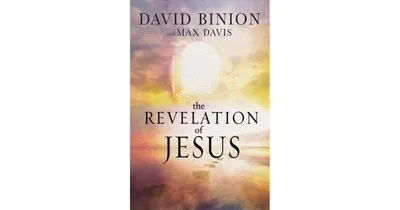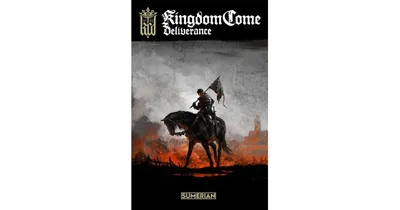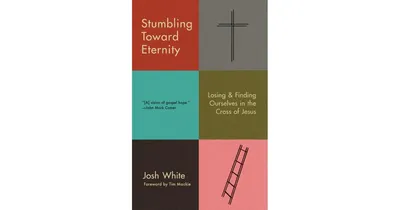Home
Beyond Revelation: An Eschatology of the Kingdom



Beyond Revelation: An Eschatology of the Kingdom
Current price: $18.93
Loading Inventory...
Size: OS
The author addresses the study of the book of Revelation and Eschatology with an emphasis on the Kingdom. Notably, the results are conclusively Preterist in content by the eyes of the author, of the mildest of forms.
Coming from several years of end-times research, and many more of that of Bible knowledge, this book focuses on the prophesies of Daniel, as well as the Gospels, to prove with reasonable certainty (to the author) that the reasonable whole of the book of Daniel is concluded and fulfilled, and much of the Revelation of John.
The book follows in an "at-face-value" approach, allowing normal customs of language, demonstrating a concise and historic progression of events, with the destruction of the temple on 70 AD, the Second Jewish Revolt of 135 AD being the winepress of God's wrath, the seven bowls of wrath poured out upon Rome in what is known as the Crisis of the Third Century to destroy Rome, and a literal, already-fulfilled Millennium in the Middle Ages.
The focus of the book is doctrine of the Kingdom, which demonstrates its centrality in the entire subject. It is the asserted that the study of Eschatology is the study of the Kingdom (this is repeated throughout the book).
Including a look at the parables of Jesus, and taking Jesus' introductory declaration of Mark 1:15 to be clearest statement of the Kingdom, this book side-steps the fruitless debates of the Schweitzer, Dodd, and Ladd, of "consistent", "realized", or "inaugurated" Eschatologies, and steps directly to an "everlasting eschatology".
Thy kingdom is an everlasting kingdom, and thy dominion endureth throughout all generations.
Ps 145:13
Generally relying upon the KJV version for the development of key issues, except where a nuance is better brought out by another version as indicated, the author develops the case, 'sola scriptura', that the Kingdom is indeed here, and that it relates to the first coming of Christ.
Of note, the author specifically interprets the Olivet Discourse as being divided, based upon the merits of a study of the word "Eutheos" in Matthew 24:29. "Eutheos", when compared throughout the New Testament, often implies an unspecified time gap, representing hours, days, or even months. This, combined with a reading of the traditional "time texts", Matthew 24:34&36, the author sees that the v36 "but of that day and hour" specifically excludes the v29-31 "that day" from the "these things" of v4-22. As such, the "this generation" applies precisely and exactly to the generation then alive during the giving of this discussion, as per the traditional partial-Preterist position. However, it clearly excludes the obvious Second Coming references in vv29-31.
Additionally, the author makes specific reference to the verses of Daniel 11:40-43 as pertaining to the Battle of Actium in 31 BC, or the foundation of the Roman Empire, which is shown to be the fourth Kingdom of Daniel 2,7. These two facts place the Great Tribulation of Daniel 12 and Matthew 24 decidedly in the first century, the 70AD destruction of Jerusalem, according to the author.
The author then divides the body of Revelation into two prophecies, as per the two prophetic commissions in Revelation 1 and 10. Using a 68-70AD, post-Neronic, pre-fall of Jerusalem date for the book, Rev 6-11 corresponds to the destruction of Jerusalem, while Rev 12-19 are clearly seen in historic events and detail the further punishing of the Jewish nation, followed by the final overthrow of the beast, Rome.
Woven throughout the book, the author attempts to depict the great contrast of ages. For 1,000 years, Babylon, in four different stages, ruled the known world. Then, after it was broken small at the conversion of Constantine, the Kingdom of God ruled for its 1,000 years. We are now in that "short time", looking towards a Gog Magog conflict, and the fulfillment of the Israel promises in between Revelation 20:10-11.


















